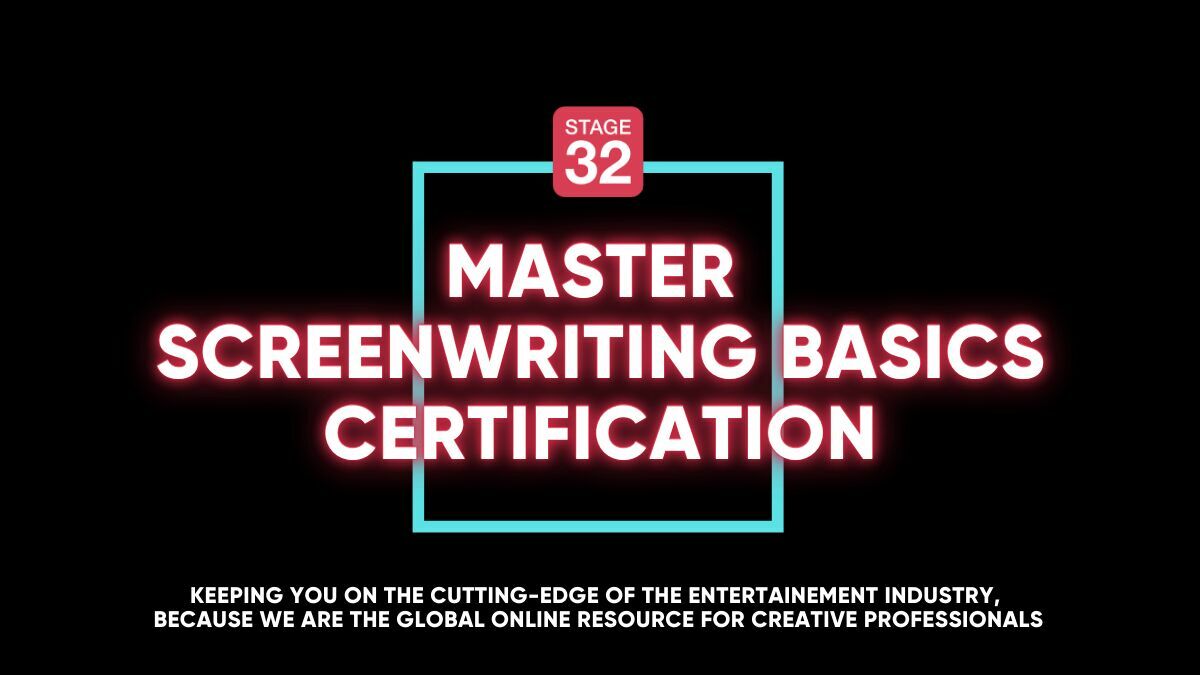Last night, just for fun and to refine my skills as a director, I took my first acting class. The class centered around the Meisner technique. Learning about the different 'stages' to the technique was enlightening. In the class, experienced actors demonstrated the stages - for brevity's sake, I'll stick to stage one here.
In stage one, one actor will say something they observe about the other person, eg: "You're smiling." The other actor will respond in turn with "I'm smiling." This is where it gets interesting. Each actor will then repeat the same exact line back and forth with the other, and as they do, the emotional connection and the meaning of the line will change DRAMATICALLY as the actors react to each other.
I understood how the meaning of a phrase could change on an intellectual level before this experience but until I was there and saw it done expertly in front of me, I had only a glimpse of the reality.
My takeaway from this is that boiled down, in the hands of a pro, the worst dialog will convey depths of meaning, not because of the skill of the writer, but because of the skill of the actor. Writing good dialog is of course important but... this experience also gave me an inspiration - to write and direct a short film where the dialog is mostly meaningless; where the meaning of the dialog is derived from the context (eg. the characters are leaving a funeral) and how the actors act within the scene. A line as banal as "you wore brown shoes" can take on so many layers of meaning through context and delivery.
The purpose of this exercise for me would be to further develop my writing so that I focus in on giving actors good context to work with. "Show don't tell" is often overused and misunderstood. Focusing on context has helped me. The other benefit to this approach is it prevents OTN dialog. With the dialog so meaningless in the first place, the audience will be forced to read deeper meaning into phrases that seem out of left field like 'you wore brown shoes.'



"You wore brown shoes" can be symbolic. Perhaps the deceased wore brown shoes every day, without fail. That immediately came to mind as I read your post. Thanks for sharing!
And this is just one of the areas where a lot of screenwriters make mistakes, they direct the actor from the page instead of placing faith in the actor to deliver their lines properly and with meaning.
2 people like this
I've seen a lot of great work by Meisner/Strasberg/Stanislavski-trained actors. I wouldn't quite go so far as to say that bad dialogue from their mouths can be redeemed and convey a deeper sense of meaning, though. Bad dialogue is still bad dialogue - OTN, useless to the story or to the illumination of the character, you name it. Bad dialogue is bad dialogue, and will more often than not have someone tossing my script in the trash.
I do agree with you about how "show, don't tell" can be misunderstood, and misused. Context, subtext, literal, metaphorical, action, characterization...there are a lot of decisions a writer has to consider when trying to write a brilliant script, and in blending action sentences with spoken words.
Best fortunes to you in your creative endeavors, Jeremy!
It's not so much over-rated as it is fluid. Dialogue can sometimes be a starting point for a more refined scene. A flowing argument between a couple could be replaced entirely by a cold stare, but the actor would not know what they were communicating in that stare without first reading the dialogue. So dialogue shouldn't be the end-all, be-all of a scene any more than it should be an afterthought.
This is interesting. I also suggest trying improv if you haven't before. It's a lot of fun.
I took a Meisner technique class years ago and I gotta say, it was the best course ever. The word repetition technique you cited is very instrumental when getting off book in a scene, if you forget your line, you just keep repeating the last line until you recall your next line. What is key, is to stay in the moment by not being silence. Gotta say thank you to Mr. James Price from The Acting Studio NYC and a Meisner alumni himself. Great conversation, Jeremy.
Kay Luke I watched "Russian Dolls" and enjoyed it very much. You're right. The scene with Lyonne walking from the bathroom to the host in the litchen must have occured 45 times,
Great dialogue is invisible. People see character instead or story. It is possible to just use action. But it is impossible to over estimate the importance of dialogue.
1 person likes this
Erik Jacobsen that’s probably correct in life. But, I have misread a situation. When I was in my teens I was sure every girl liked me. They smiled, flicked their hair, that must be a sign.
But in a screenplay we can’t leave that to chance. We need dialogue not only for communication, but also for subtext. There is so much free information you get from an accent, a stutter or even word choices made by a character. Do they use “Do not” compared to “Don’t”.
As filmmakers we don’t live in the real world. We exist in the worlds we create. Even if we say Mr Thompson is 100% correct, even for filmmakers. We are still missing half (45%) of the possible message.